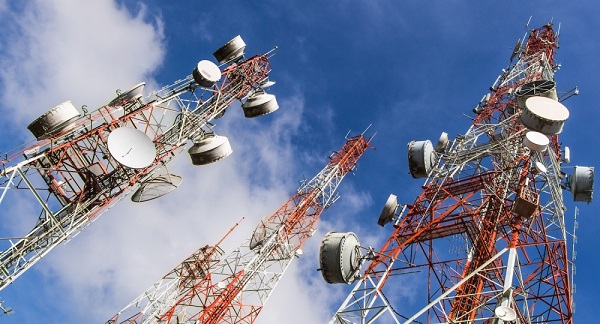
The Nigerian Communications Commission (NCC) has issued a directive to mobile network operators (MNOs) and internet service providers (ISPs) in the country to adhere to the regulatory frameworks put in place by the commission.
These frameworks are aimed at ensuring the security and safety of their networks for telecom consumers.
During the 2023 annual Nigeria DigitalSense Forum, focused on internet governance for development, held in Lagos, the executive vice chairman (EVC) of the commission, Prof. Umar Danbatta, emphasised the importance of these regulations. He specifically highlighted the Internet Code of Practice (ICP), which is designed to protect the rights of internet users and provide guidelines for internet access service providers regarding the use of traffic management practices.
The Internet Code also outlines the responsibilities of internet access service providers in terms of safeguarding consumers’ personal data, handling offensive and potentially harmful content, and protecting minors and vulnerable individuals online, among other obligations.
Danbatta stressed that by upholding the principles of the Internet Governance Code, the commission, along with other stakeholders, can create a safe environment for telecom consumers and protect them online.
Addressing the theme of the event, “5G: Data Governance, Safety and Security in Nigeria,” Danbatta stated that establishing robust legal and regulatory frameworks is essential for effective data governance in Nigeria, with the ICP serving as a key framework in this regard.
However, the EVC emphasised the need for strict adherence to industry frameworks by telecom licensees, especially MNOs and ISPs, to ensure effective governance in the delivery of internet services.
Speaking on behalf of the EVC, the head of new media and information security at the NCC, Dr. Chidi Diugwu highlighted the importance of privacy, data integrity and online trust in the context of emerging technologies like 5G. He noted that as the deployment of 5G technology increases the amount and speed of data generated, prioritising consumer privacy, transparency and ethical data use becomes paramount. By cultivating trust and handling data responsibly, the full potential of 5G technology can be unlocked, promoting innovation in Nigeria.
Danbatta further underscored that under the Nigerian Communications Act (NCA) of 2003, NCC’s licensees are required to prevent their network facilities or services from being used for any unlawful activities. In this regard, licensees must collaborate with the commission by fulfilling their legal and regulatory obligations to ensure effective internet governance in Nigeria.


